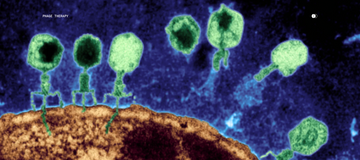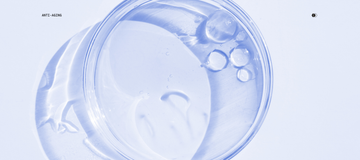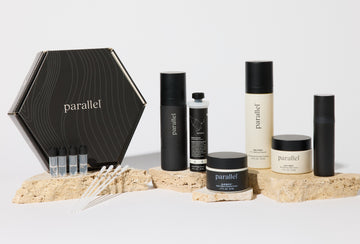Our skin is the largest organ of our bodies by surface area, yet we often tend to take it for granted on a day-to-day basis. But what it does for us is pretty magical. It keeps our body from drying out, protects us from infection, defends against UV rays from the sun, and so many other things. One of the keys to having our skin function properly is hydration, and in this article, we outline how to keep your skin hydrated and why it’s important.
Our skin not only acts as a shield between our body and the environment to protect us from toxins, extreme weather and free radicals, it also eliminates toxins on a daily basis. When the epidermis, the outer layer, loses moisture, it loses elasticity, becomes dry and flaky, and leads to damage in the skin barrier. A compromised skin barrier causes the skin to be more susceptible to various toxins and various disease-causing microorganisms. Research suggests that dehydrated skin is linked with premature aging and loss of elasticity. In fact, as we age, our skin inevitably dries out. The cells of the epidermis begin to shrink when the skin is dehydrated, making the skin more susceptible to fine lines and wrinkles. A lack of moisture reduces the elasticity, natural plumpness and even the texture that is characteristic of youthful skin. Additionally, dehydrated skin causes the collagen to break down at a faster than normal pace. All these facts decrease the skin’s natural ability to heal itself.
If you are wondering how you can keep your skin hydrated all day long, in addition to drinking ample water, here are a few tips:

- Integrate hyaluronic acid daily (as long as it’s compatible with your skin and climate)
Most of you have probably heard of this powerful ingredient. Hyaluronic Acid (HA), a key molecule in maintaining moisture, is a humectant that has the ability to attract and bind to water, and also act as an occlusive to seal in the hydration. Since our body also naturally produces small amounts of Hyaluronic Acid, it is a safe ingredient to use topically with extremely low chances of causing irritation. HA can often be found in moisturizers, creams, cleansers, and serums. But be careful: those who live in very dry climates, like the desert, may not benefit from HA as it can pull moisture from your skin into the air, making your skin even drier than it was before. What’s the science behind that? Humectants like HA act like sponges, soaking up water wherever they find it - including your relatively moist skin when you live in a dry climate - and can transfer it to the relatively dry air, drying out your skin even more. The takeaway: if you’re experiencing dryness in your skin and live in a moderate climate, HA is a great ingredient to utilize.
- In times of need, look to petrolatum
Commonly known as Petroleum Jelly, Petrolatum has been a fan favorite for decades. Petrolatum acts as an occlusive and prevents the loss of water through Transepidermal Water Loss. Dermatologists suggest that those with dry and irritated skin are more susceptible to inflammation, irritation and even damage to skin due to free radicals and pathogenic bacteria and other microbes. Petrolatum can help to heal the skin barrier and hence, fight a multitude of skin concerns.
- Understand and support your skin microbiome
Similar to our gut, our skin is home to countless bacteria, fungi and other microorganisms that are essential to maintaining a healthy skin barrier. Keeping your skin microbiome balanced is a key component in combating inflammation and dehydration. An imbalance in the skin microbiome, dysbiosis, can lead to eczema, psoriasis and even acne among many other skin conditions. Including the right topical microbial skincare products, including precision phage-based ingredients, can help maintain the microbiome and also help your skin recover from harmful substances and environmental toxins it comes in contact with.
- Optimize for a good diet
This may come as no surprise to you -- a healthy diet can amp up your skin’s hydration. Fish like salmon and mackerel are rich sources of omega-3 fatty acids which help keep the skin supple and resilient to inflammation. Another food rich in omega-3 fatty acids is walnuts. Walnuts contain a healthy amount of zinc, a nutrient that maintains the health of the skin barrier by promoting wound healing. Food like avocados, sunflower seeds, and sweet potatoes can help combat dehydrated skin as they are rich sources of Vitamin E, Vitamin C, and Vitamin A. These vitamins are important for maintaining the structure of your skin, keeping your skin looking as young and plump as possible.
If you’re interested in learning more, sign up to join the Parallel community. All members receive access to personalized skincare products, as well as skin microbiome testing opportunities.
About Parallel
A parallel world lives amongst us: the microbial world. This world impacts not only our lifespan, but also our healthspan.
Our mission is to empower people with real science to make meaningful decisions to improve their healthspan.
Parallel is a microbial diagnostics and next-level skincare company that aims to revolutionize skin health by providing deep insight and true personalization, through best-in-class testing and targeted, clean microbial formulations.




























